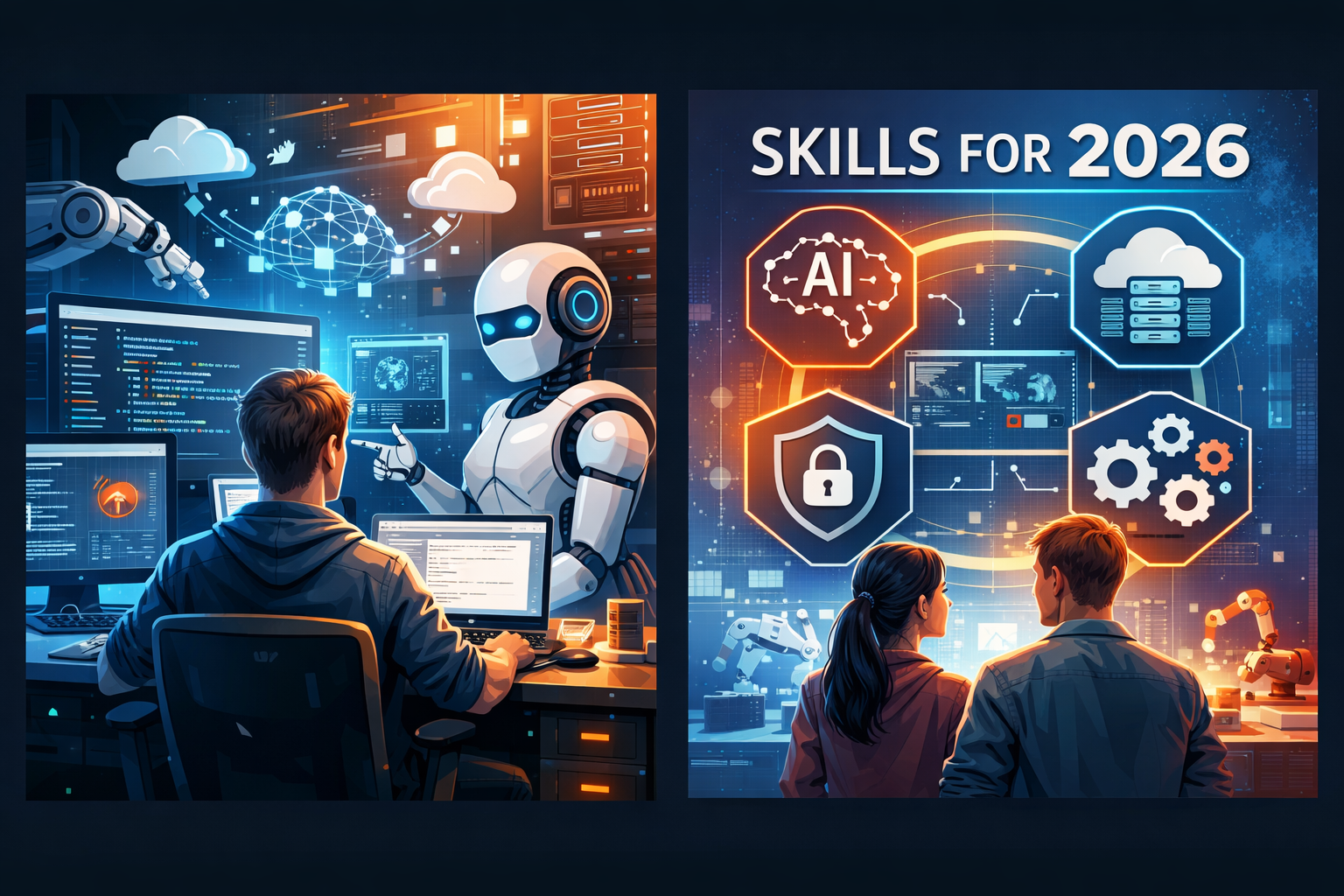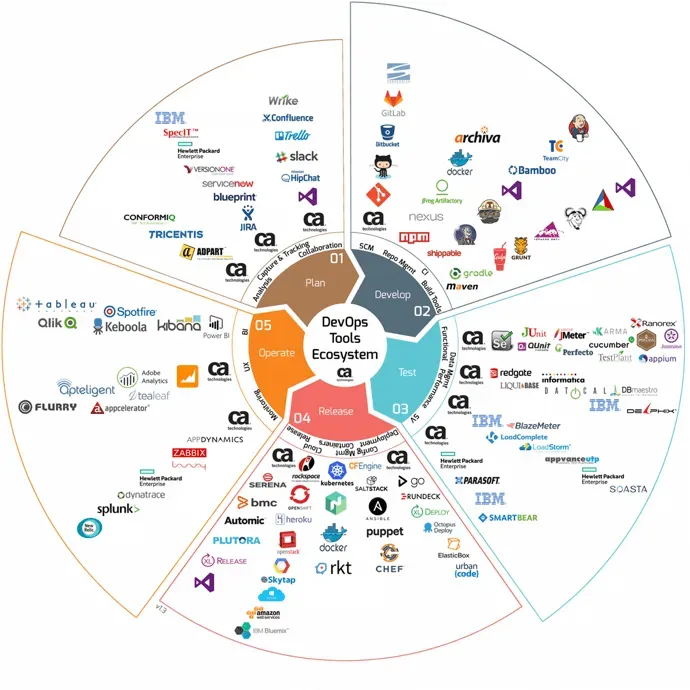Exploring Modern Programming Languages: Why You Should Learn Them
Rust has been lauded as one of the most beloved languages by developers in recent years.

In the dynamic world of technology, staying up-to-date with the latest tools is crucial for aspiring and current programmers. New programming languages emerge with the promise of simplifying complex tasks, enhancing performance, and offering better readability. Here are three modern programming languages that are making waves, along with insights into why they are worth learning, even for those who are well-versed in older languages.
Rust
Rust has been lauded as one of the most beloved languages by developers in recent years. It is designed for performance and safety, particularly in system-level programming. One of Rust's standout features is its emphasis on memory safety without needing a garbage collector. This makes it a great choice for developing high-performance applications, where control over system resources is essential.
Steve Klabnik, a member of the Rust core team, stated, “Rust gives you the performance and control of a language like C++, but with a greater emphasis on safety and concurrency.” This makes Rust not only a replacement for older languages like C++ but also an improvement in areas where managing system resources is critical.
Kotlin
Kotlin is a modern programming language that has been embraced by developers, particularly in the Android app development space. Officially supported by Google, Kotlin is fully interoperable with Java, making it a seamless transition for those who are familiar with Java. However, Kotlin improves upon Java in several ways, including more concise syntax, null safety, and extension functions.
"With Kotlin, you can do more with less code, and it brings safety features like null safety that prevent common errors at compile time," says Andrey Breslav, the lead designer of Kotlin. For developers currently working with Java, Kotlin offers a smoother, more efficient way to build modern applications.
Swift
Swift is Apple’s modern programming language for iOS and macOS development. It was designed to be more user-friendly than its predecessor, Objective-C. Swift’s syntax is clean, making it easier to read and write, and it also introduces powerful features such as optionals and closures.
Chris Lattner, the creator of Swift, notes, "Swift combines powerful type inference and pattern matching with a modern, lightweight syntax, allowing complex ideas to be expressed in a clear and concise manner." For developers working in the Apple ecosystem, transitioning to Swift can lead to more efficient coding practices and better app performance.
Even if you are proficient in older programming languages, learning these modern languages can be beneficial. They offer improved safety features, better performance, and more concise syntax, which can make coding more efficient and less error-prone. For aspiring programmers, starting with these languages can give you a head start in the job market, as they are increasingly in demand across various industries. In a rapidly evolving field like programming, keeping up with modern languages like Rust, Kotlin, and Swift not only enhances your skill set but also positions you as a forward-thinking developer ready to tackle future challenges.










